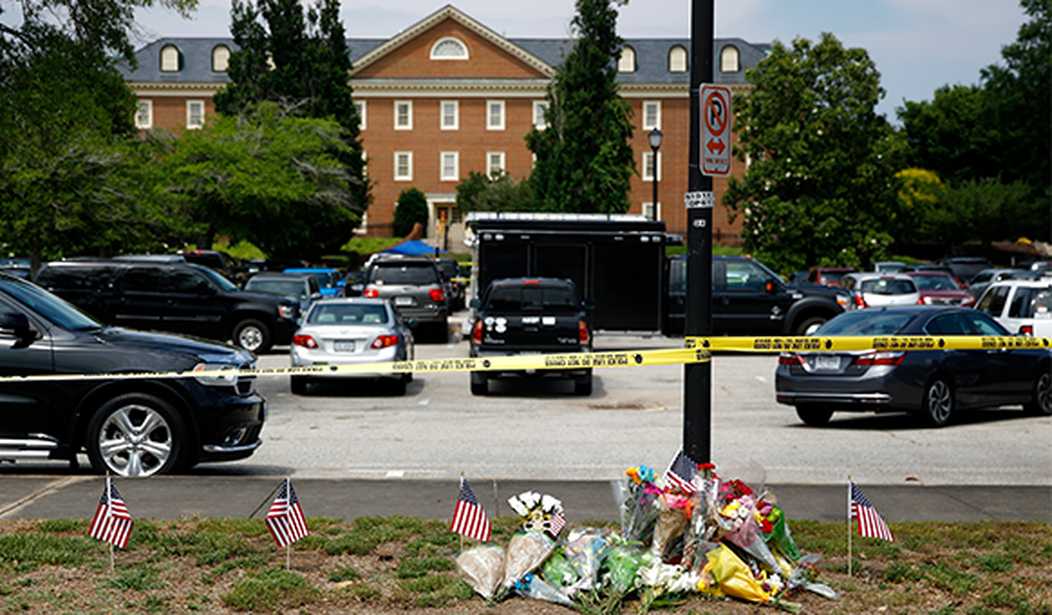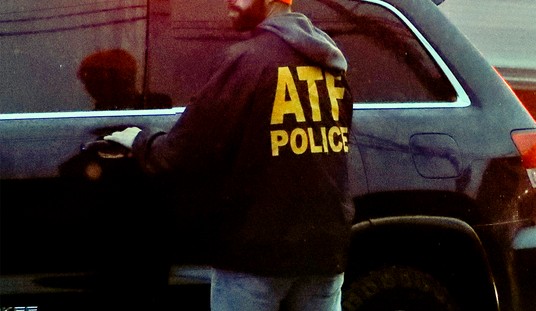When Virginia Governor Ralph Northam called a special session of the legislature to push almost a dozen pieces of gun control after the May 31 shooting in Virginia Beach, Republican lawmakers responded by adjourning without taking up a single bill. Instead, Republicans shunted all of the gun control bills to the state’s Crime Commission, which is meeting this week to hear several dozen proposals.
Legislators have filed more than 70 bills, including a ban on military-style assault weapons, reinstating the state’s lapsed one-handgun-a-month law, mandatory minimum sentences for firearm offenses and the ability of localities to regulate firearms.
I’ve been watching the live stream of the Crime Commission (you can watch here), and already I’ve heard the Virginia State Police acknowledge that the vast majority of sales of more than one gun per month came from individuals who are licensed to carry a concealed firearm in the state. When the state’s now-expired one-gun-a-month law added a provision that allowed concealed carry holders to purchase more than one gun per month, violations of the law declined dramatically. This indicates that most criminals are not obtaining their firearms through lawful purchases at gun stores, which makes sense.
In addition to the gun control legislation, the Crime Commission will also be looking at bills that aim to reduce violent crime without putting any new gun control laws on the books.
Mass shootings make up a sliver of the gun deaths in Virginia. Most gun-related deaths are suicides, followed by malicious shootings.
House Majority Leader Todd Gilbert, R-Shenandoah, in an effort to curb the everyday gun violence, wants localities to introduce programs inspired by Operation Ceasefire. It’s a strategy police and community leaders use to identify those most at risk of shooting someone or being shot, convey why the violence needs to stop, offer support, and promise swift and tough crackdowns on the groups that continue shooting. Research has shown it to be effective in significantly reducing shootings if rigorously implemented.
While Gilbert’s proposal is non-partisan and should be supported by legislators across both parties, so far Democrats seem luke-warm at best. Instead, they’re far more interested in pushing extreme gun control measures, including a gun and magazine ban that would prohibit the continued possession of legally owned firearms and magazines.
Bills from Democrats would ban military-style assault weapons, high-capacity magazines, suppressors and trigger activators. Possession of these firearms or devices after July 1, 2020, would be a Class 6 felony, which could result in jail time between one and five years or less than a year and a $2,500 fine.
Meanwhile, Governor Ralph Northam sent a letter to lawmakers as the Virginia Crime Commission began its hearings, once again pushing his anti-gun proposals, specifically “red flag” legislation and a return of the state’s one-gun-a-month rationing law.
Data show these measures are not only common sense and bipartisan—they are effective. An Extreme Risk Protective Order, now adopted in 17 states and Washington, D.C., has been shown to significantly reduce suicide deaths by firearms. Virginia’s One Handgun a Month law dramatically reduced the number of crime guns from Virginia recovered in the Northeast, a total drop of 54 percent. drop of 54 percent. Since the repeal of this law in 2012, Virginia has returned to being the top source state for crime guns recovered in D.C., Maryland, New York, and West Virginia. And we know that background checks work: In 2018, nearly 2,000 prohibited persons were prevented from purchasing firearms from a federally licensed dealer in Virginia. Many more prohibited persons continue to purchase guns—without background checks—each and every day through private sales.
On Tuesday, the Virginia Crime Commission will be hearing public testimony regarding these proposals. Lawmakers won’t have a chance to vote on any of the proposals until after statewide elections in early November when every seat in the state legislature will be up for grabs.









Join the conversation as a VIP Member